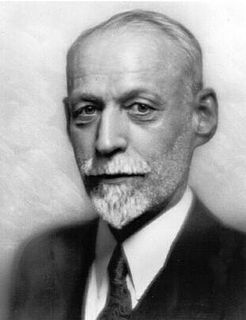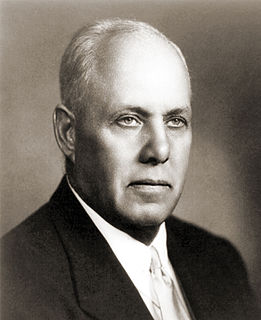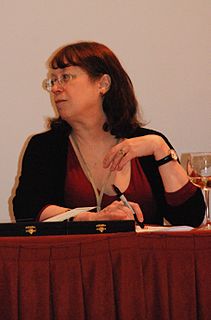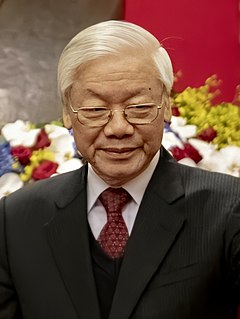A Quote by George Osborne
We don't see a choice between securing growth and investment and raising human rights issues.
Quote Topics
Related Quotes
There's a long list of investments that governments could and should be making. There is strengthening infrastructure, such as transport and communications; there is investment in education; there is investment in families, particularly putting measures in place that free women from having to make the choice between raising a family and work.
I submit that the Government exists to provide for the needs of the people, and when it comes to choice between profits and property rights on the one hand and human welfare on the other, there should be no hesitation whatsoever in saying that we are going to place the human welfare consideration first and let property rights and financial interests fare as best they may.
Investment in the eradication of hunger today is a good business decision. If we fail to make this investment, it is doubtful that we can sustain healthy economic growth. Without this investment, our nation may disintegrate into a country sharply divided between those who have enough to eat and those who do not.
One cannot have a trade union or a democratic election without freedom of speech, freedom of association and assembly. Without a democratic election, whereby people choose and remove their rulers, there is no method of securing human rights against the state. No democracy without human rights, no human rights without democracy, and no trade union rights without either. That is our belief; that is our creed.

































